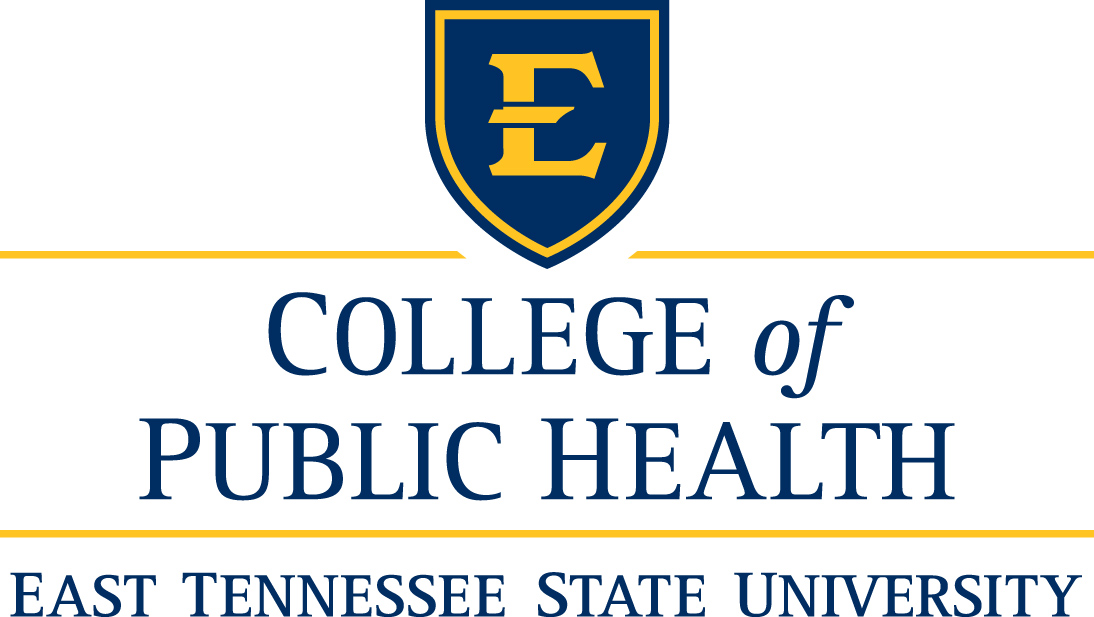Author Area of Expertise
Implementing and sustaining complex health interventions in response to local contexts, through applying implementation science frameworks and methodologies, advanced analytics, and rigorous evaluation.
Abstract
Introduction: The Centers for Medicare and Medicaid Services (CMS) has funded the Accountable Health Communities (AHC) model to test whether systematically identifying and addressing the health-related social needs (HRSNs) of individuals would impact healthcare utilization and total cost of care for Medicare and Medicaid beneficiaries. Toward this effort, AHCs implement screening, referral, and community navigation services in their local areas. There are 28 CMS-funded AHCs nationwide, including the Kentucky Consortium for Accountable Health Communities (KC-AHC).
Purpsoe: This study aims to assess the equity of KC-AHC model activities in three vulnerable sub-populations: dual enrollees, disabled individuals, and women.
Methods: Twenty-eight primary care clinical sites across 19 healthcare organizations administered (in-person or telephonic) the AHC screening instrument from August 2018 to April 2021. Every six months, social needs positivity rates, navigation eligibility, service opted-in rates and delivery data were monitored among dual enrollees, disabled persons, and women. Subpopulations were compared to their comparisons (for example, non-dual enrollees) and to available benchmarked data.
Results: All proportions of subpopulation in screened beneficiaries approximated or exceeded regional benchmarks. While needs among groups fluctuated over time, most reflected positivity rates in excess of comparisons: (1) rates among females ranged from 29.6% to 36.1%, but tended to narrow (relative to males) over time; (2) disabled individuals’ positivity rate ranged from 27.8% to 36.1% but also lessened over time compared with non-disabled counterparts; and (3) positive rates among the dually-enrolled ranged from 34.7% to 42.4%, with the disparity to non-dual enrollees remaining relatively stable. Rates of opt-in and receipt of navigation in dual enrollees and women did not show disparities. There was a persistent gap in opt-in rates between disabled and non-disabled beneficiaries, though one was not identified in receipt.
Implications: Results suggest that the KC-AHC adequately screened dual enrollees, disabled individuals, and women during model implementation. The AHC Model may have helped to narrow gaps in social needs between sub-populations and comparison groups, with beneficiaries becoming better connected to community services.
DOI
https://doi.org/10.13023/jah.0601.04
Creative Commons License

This work is licensed under a Creative Commons Attribution 4.0 License.
SF1: AHC HRSN Screening Tool
Supple File 2.docx (19 kB)
SF2: Subpopulation Benchmarks
Recommended Citation
Li J, Clouser JM, Adu AK, Weverka A, Vundi NL, Stratton TD, et al. Ensuring equitable application of interventions to vulnerable subpopulations in the Kentucky Consortium for Accountable Health Communities (KC-AHC). J Appalach Health 2024;6(1):37–55. DOI: https://doi.org/10.13023/jah.0601.04








Comments
There are two supplemental files to the manuscript